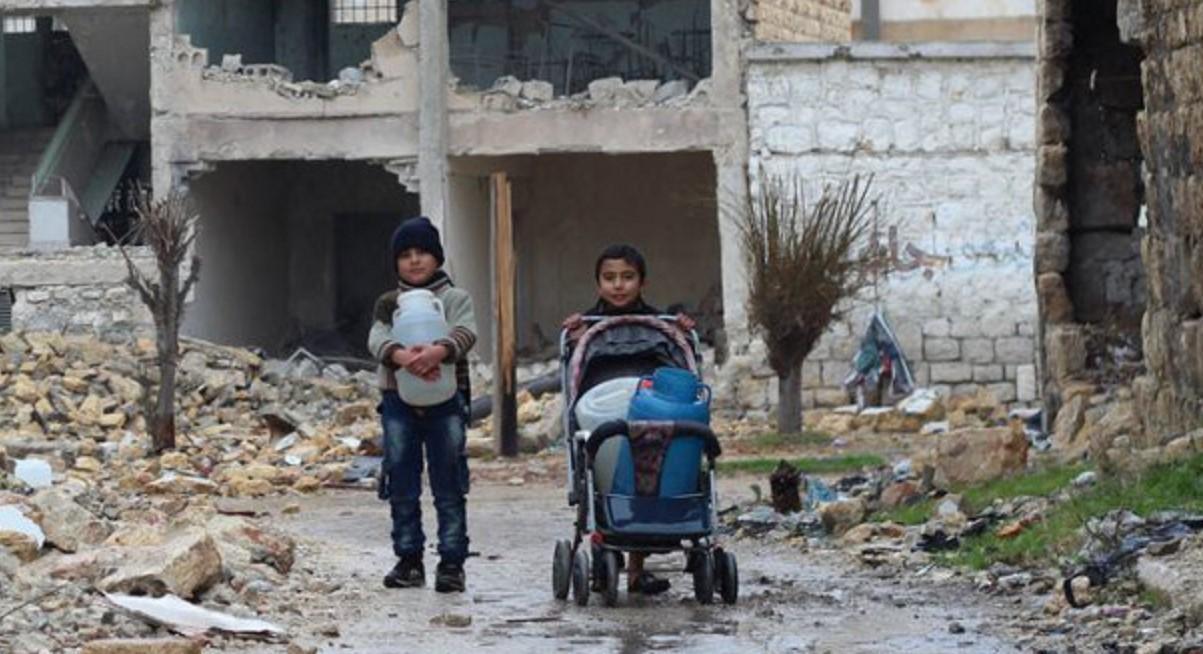
The cholera outbreak in Syria’s northeastern province of Aleppo has now spread to the northwestern part of the region, threatening Türkiye as it has reached the border line.
According to the health officials in the region, five cases were detected in the area of Operation Euphrates Shield and 11 in the Operation Peace Spring zone in the northwestern part of the country, which is under the control of the Turkish forces and the Syrian National Army.
Some 22 suspected cases were detected and isolated in the northwestern part of the region, including Jarablus and Azez located on the Turkish border.
Pollution of the Euphrates River and insufficient chlorine in drinking water are considered the main reasons for the disease.
The officials said the outbreak, which gradually spread in Deir ez-Zor and Raqqa, as well as Aleppo, Haseki and Tabqa, emerged with the decrease in the river’s water, triggered by the drought and extreme heat due to climate change.
According to the United Nations, the fact that nearly two-thirds of the water treatment plants, half of the pumping stations and one-third of the water towers have been damaged by the war that has been going on for years are behind the epidemic.
While the number of people infected by cholera is increasing day by day, World Health Organization (WHO) spokesperson Fadela Chaib announced that 253 people have been infected in Syria and 23 have died so far.
Some unofficial sources claim that the cases across the country have exceeded 1,000 and are becoming increasingly deadly.
After 11 years of war, roughly 7 million Syrians are internally displaced and dependent on humanitarian aid.
The United Nations expects almost two-thirds of the Syrian population to face food shortages this year, partly because of increased prices linked to the war in Ukraine and a drop in funding for Syrian aid operations.
The humanitarian aid department of the European Commission warned of a high risk that the disease could spread further through displaced persons camps in northern Syria.